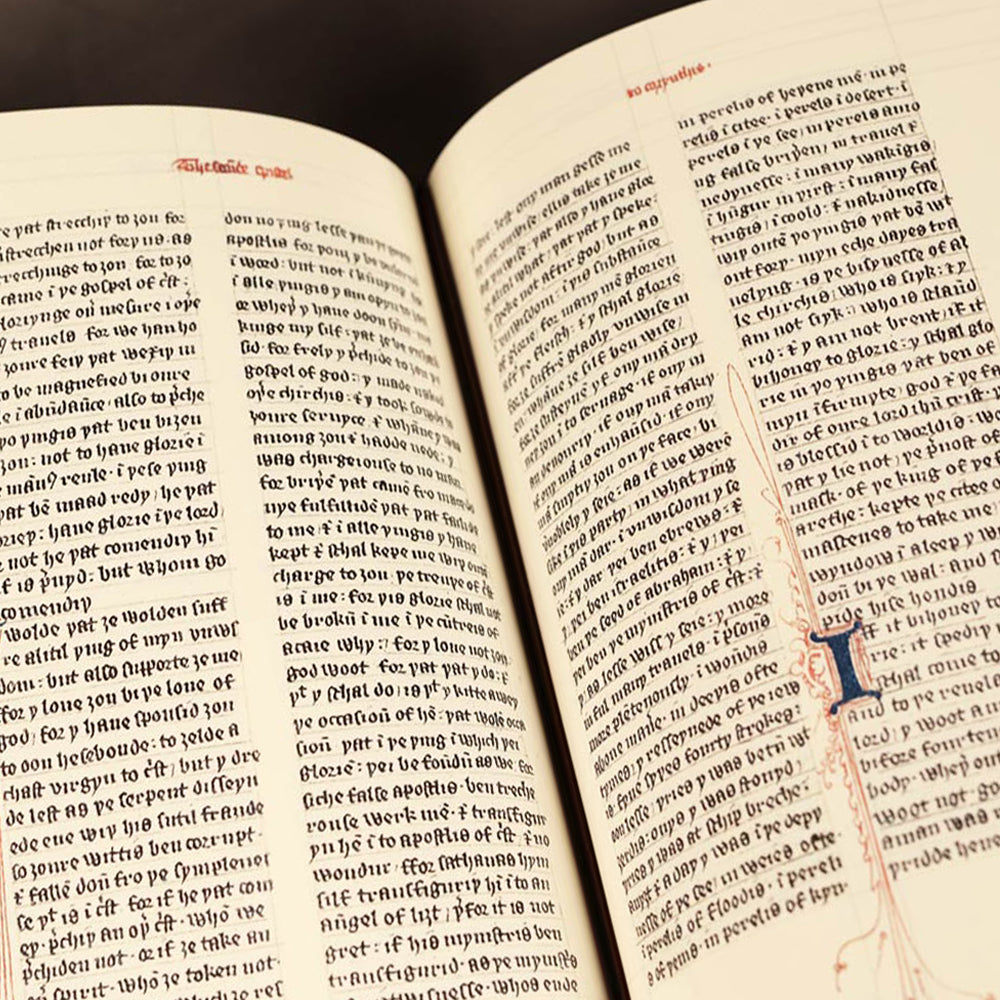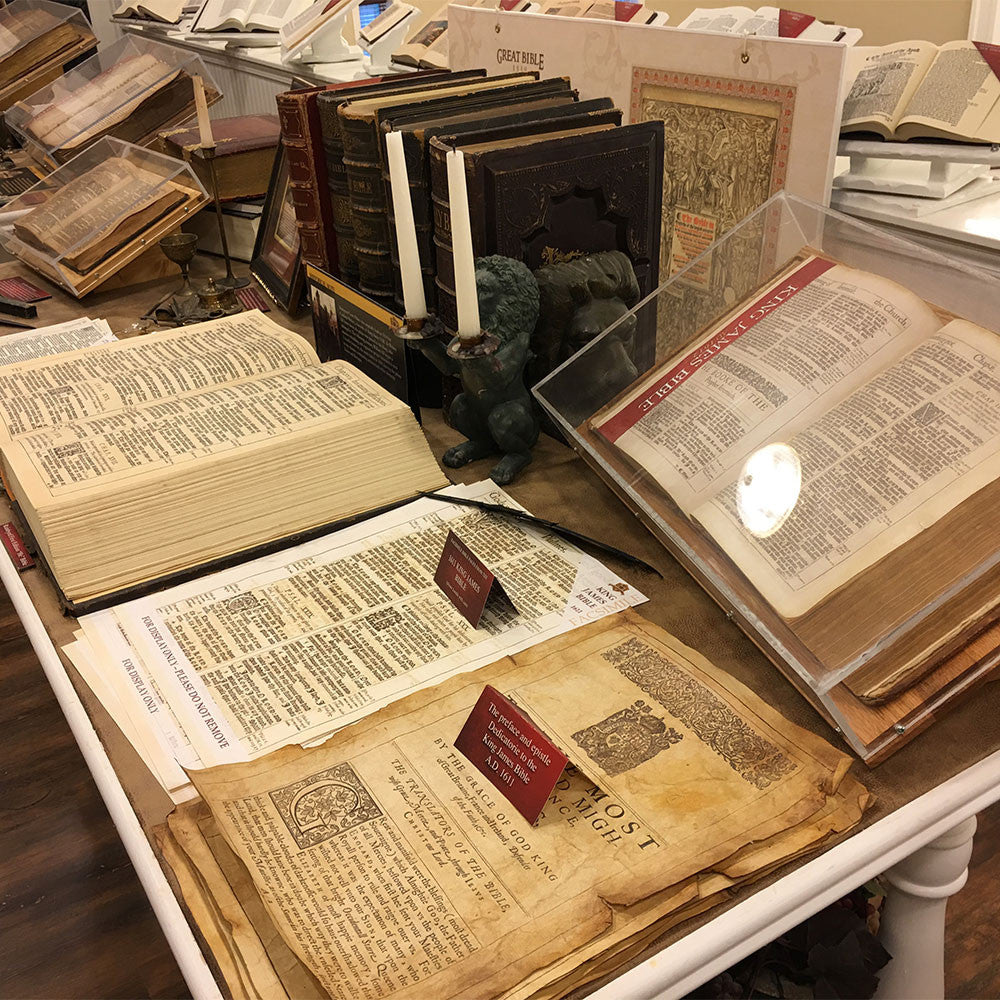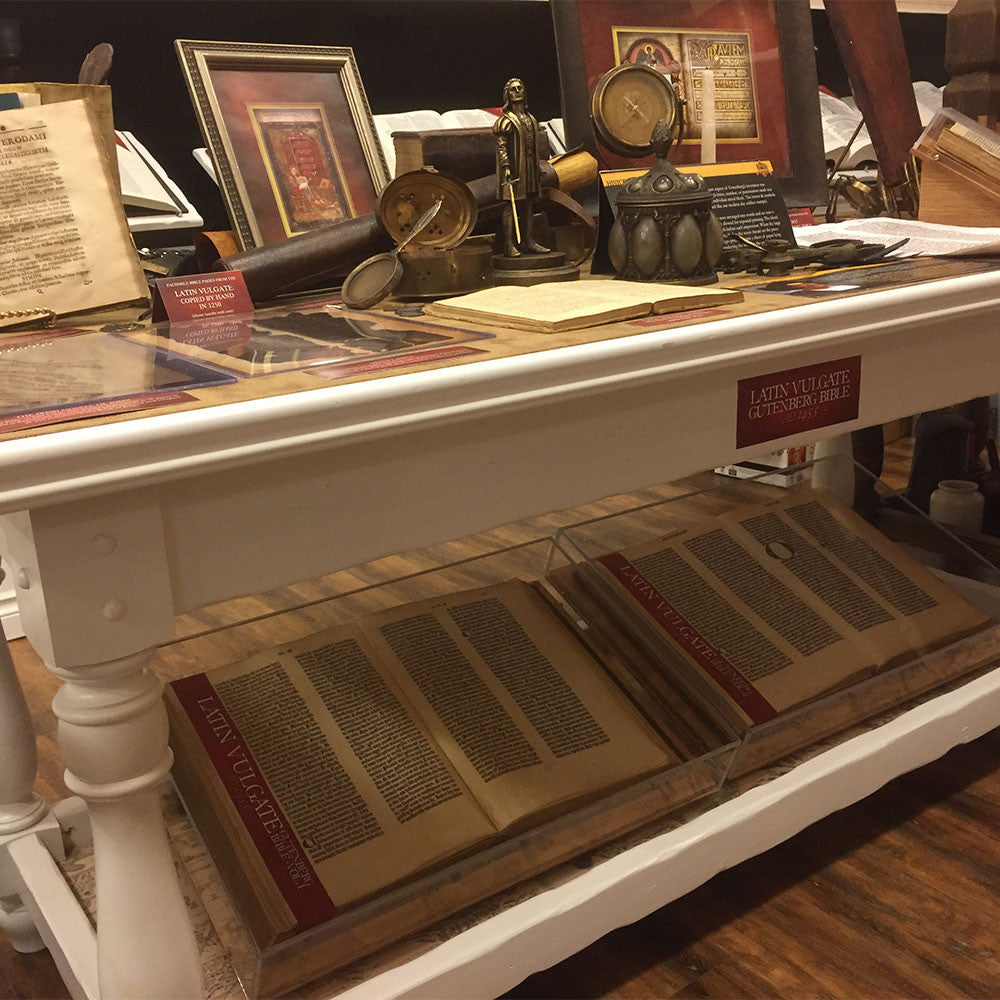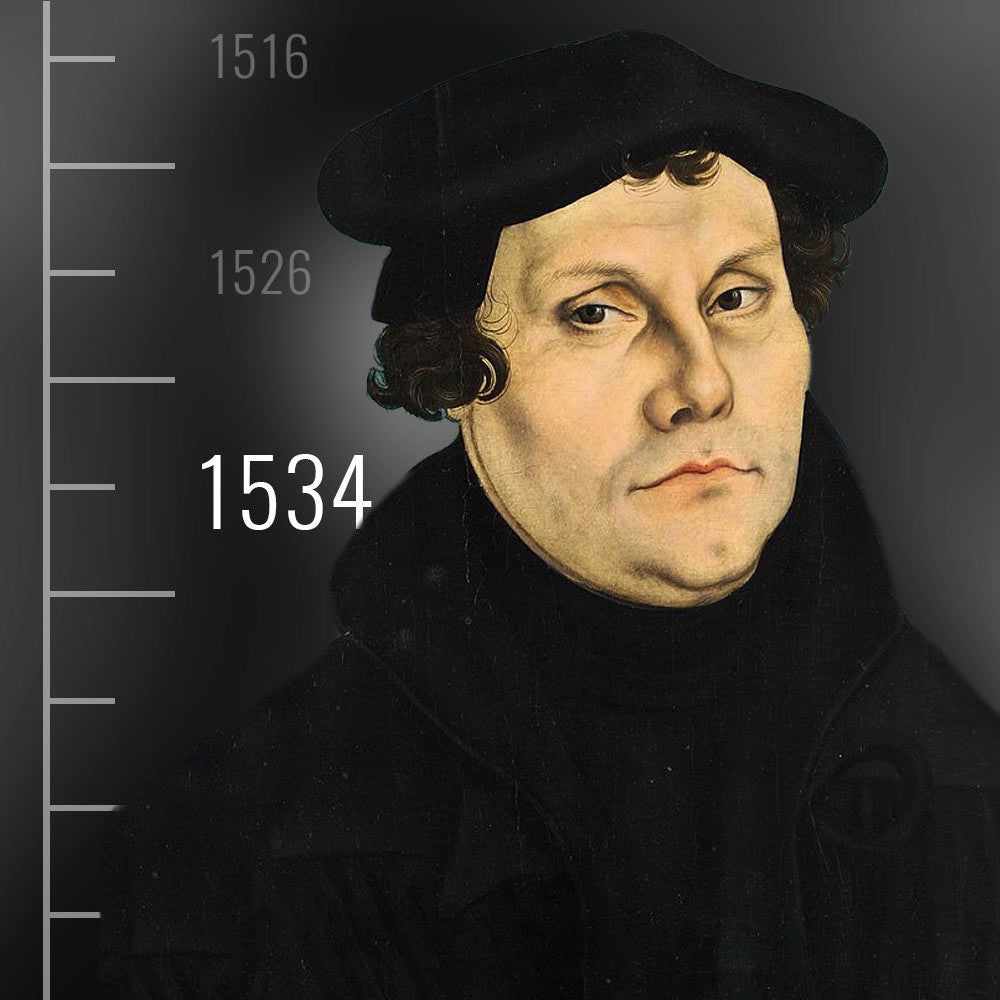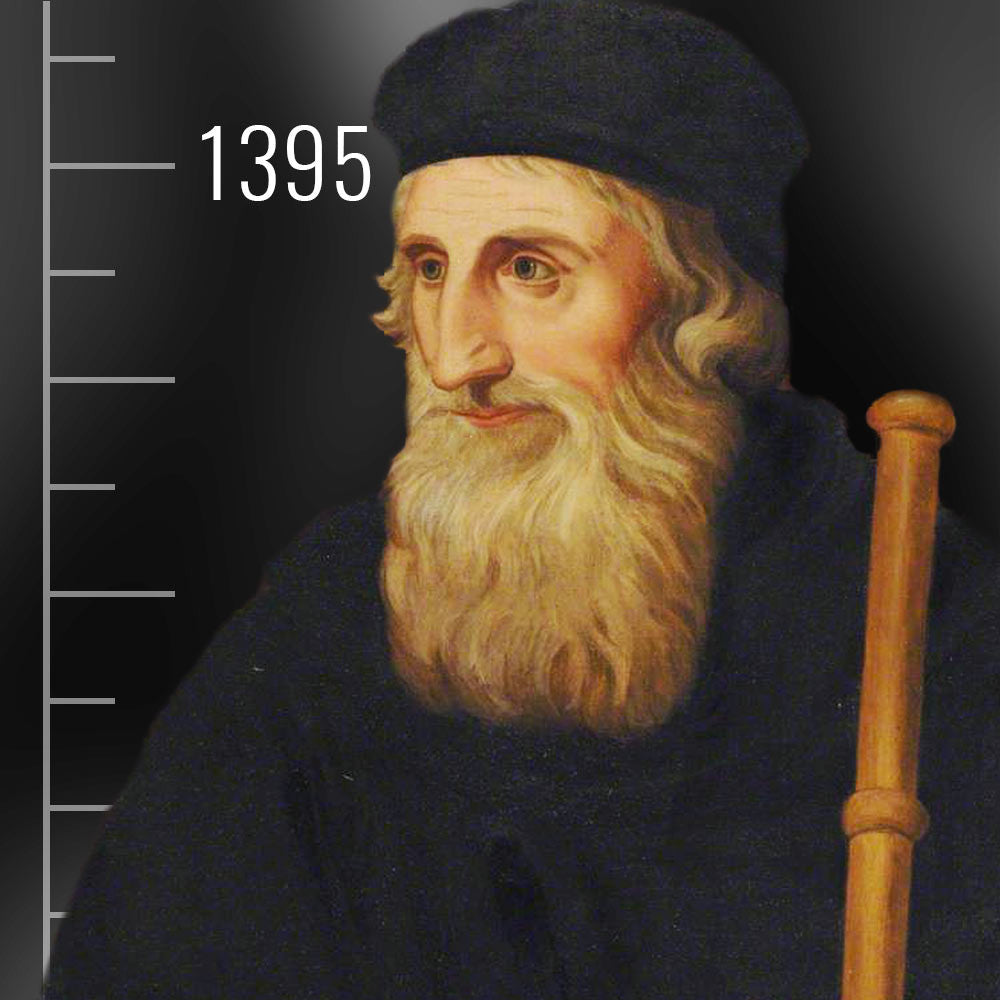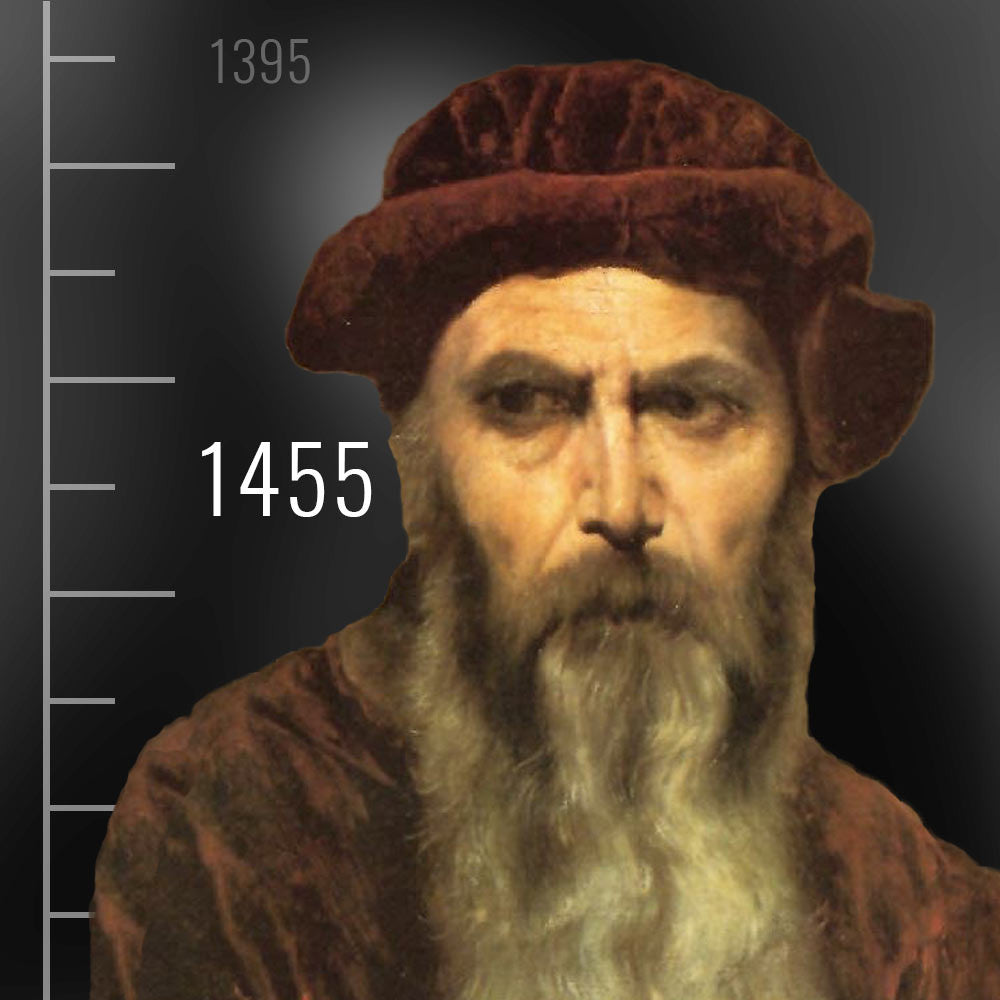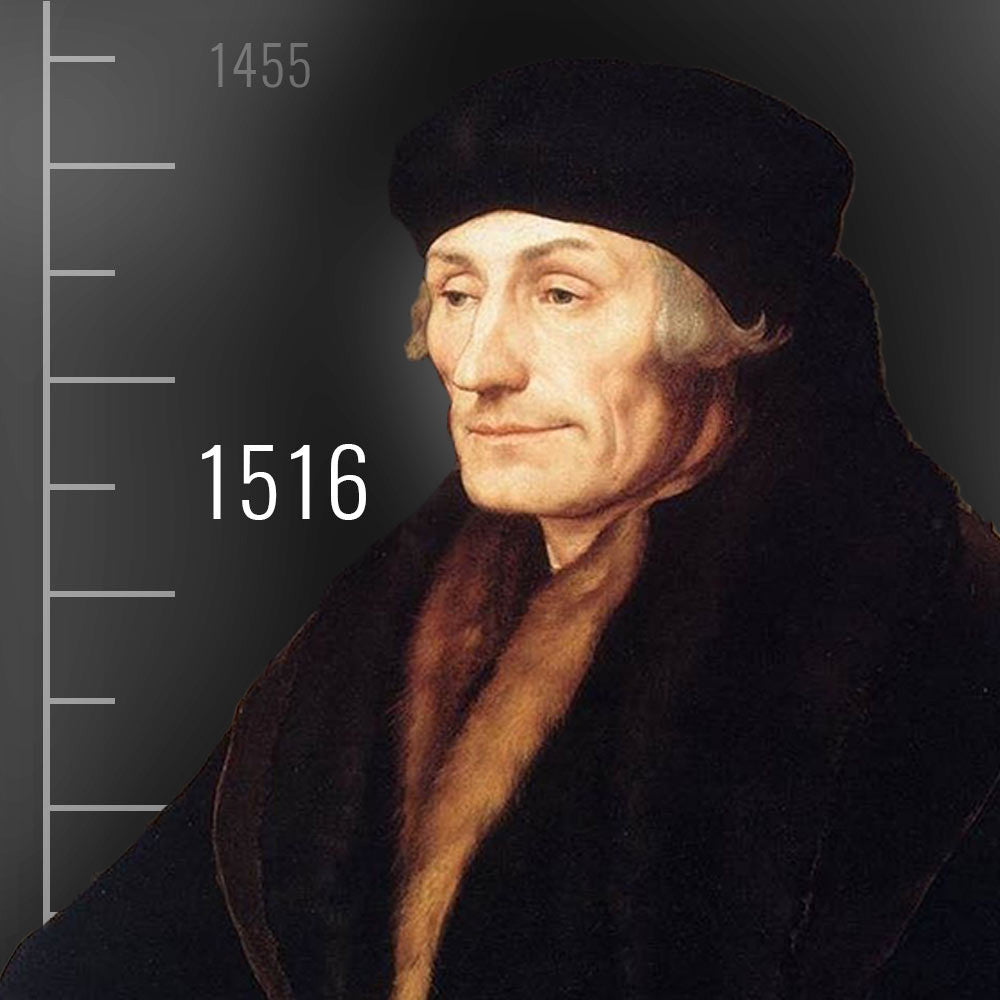Martin Luther was born in Eisleben, Germany in 1483. His father, having risen from peasantry, was determined that his son should become a civil servant, and thus had Luther sent to schools in Mansfield, Magdeburg, and Eisenach. At seventeen years of age, Luther entered the University of Erfurt and received his Bachelor’s degree in one year and his Master’s degree in three. At his father’s beckoning, Martin then enrolled in law school; however, several months later, a religious experience caused him to drop out of college and enter the monastery of the Augustinian friars at Erfurt.
While in the monastery, Luther began to intensively study the scriptures. He tried to do good works in order to please God, he served others through prayer for their souls, and he devoted himself to fasts and constant confession. However, with all his attempts, Luther found that the more he tried to become worthy in the sight of God, the more conscious he was of his sinfulness.
By 1507, Luther was ordained as a priest, and in 1508 began teaching theology at the University of Wittenberg. Luther studied diligently, and on October 19, 1512, he received a Doctorate of Theology from the University of Wittenberg. At this time, Luther experienced profound spiritual and physical torment. He was driven to study the Scriptures and immerse himself in the teaching of the early church. Through those experiences, words such as penance and righteousness took on new meaning. Luther realized that the Church had lost sight of the central and most important truth – salvation by God’s grace.
Luther was a gifted preacher, but soon his theology clashed with that of the Catholic Church, and on Halloween night of 1517, Luther changed history when he nailed his Ninety Five Theses to the church door in Wittenberg. Because of his new convictions, Luther felt that he needed to protest the Church’s sale of indulgences. It is said that Luther started the Protestant Reformation by this single act, although men such as John Wycliffe had already laid the foundation which Luther built upon.
Realizing the huge blow that Luther had given them by going against the sale of indulgences, church officials demanded that he retract the Theses. Luther’s refusal earned him an excommunication from the Pope as a heretic. On April 16, 1521, Luther appeared before the Diet of Worms to either renounce or reaffirm his views. He was presented before a table filled with copies of his writings and was asked if the books were his and whether or not he believed what the works taught. After much prayer and consulting with friends and mediators, Luther came before the Diet and replied, “Unless I am convicted by Scripture and plain reason – I do not accept the authority of popes and councils, for they have contradicted each other – my conscience is captive to the Word of God. I cannot, and will not recant anything, for to go against conscience is neither right, nor safe.”
During the days which followed there were private conferences to determine Luther’s fate, but before the decision was made, Luther left Worms and disappeared. The disappearance was planned by Frederick the Wise who had Luther seized by masked horsemen on his way from the Diet of Worms. Luther was taken to the Wartburg Castle were he stayed for a year. During this time, he labored tirelessly on his translation of the New Testament.
The translation of the entire Bible into German was published in a six-part edition in 1534. It was the collaborative effort of many others such as Johannes Bugenhagen, Justus Jonas, Caspar Creuziger, Philipp Melanchthon, Matthäus Aurogallus, and Georg Rörer. There were 117 original woodcuts included in the 1534 edition issued by the Hans Lufft press in Wittenberg. Artwork was included to reinforce the textual message.
Luther's goal was to equip every German-speaking Christian with the ability to hear the Word of God, and his completing his translation of the Old and New Testaments from Hebrew and Greek into the vernacular by 1534 was one of the most significant acts of the Reformation.

